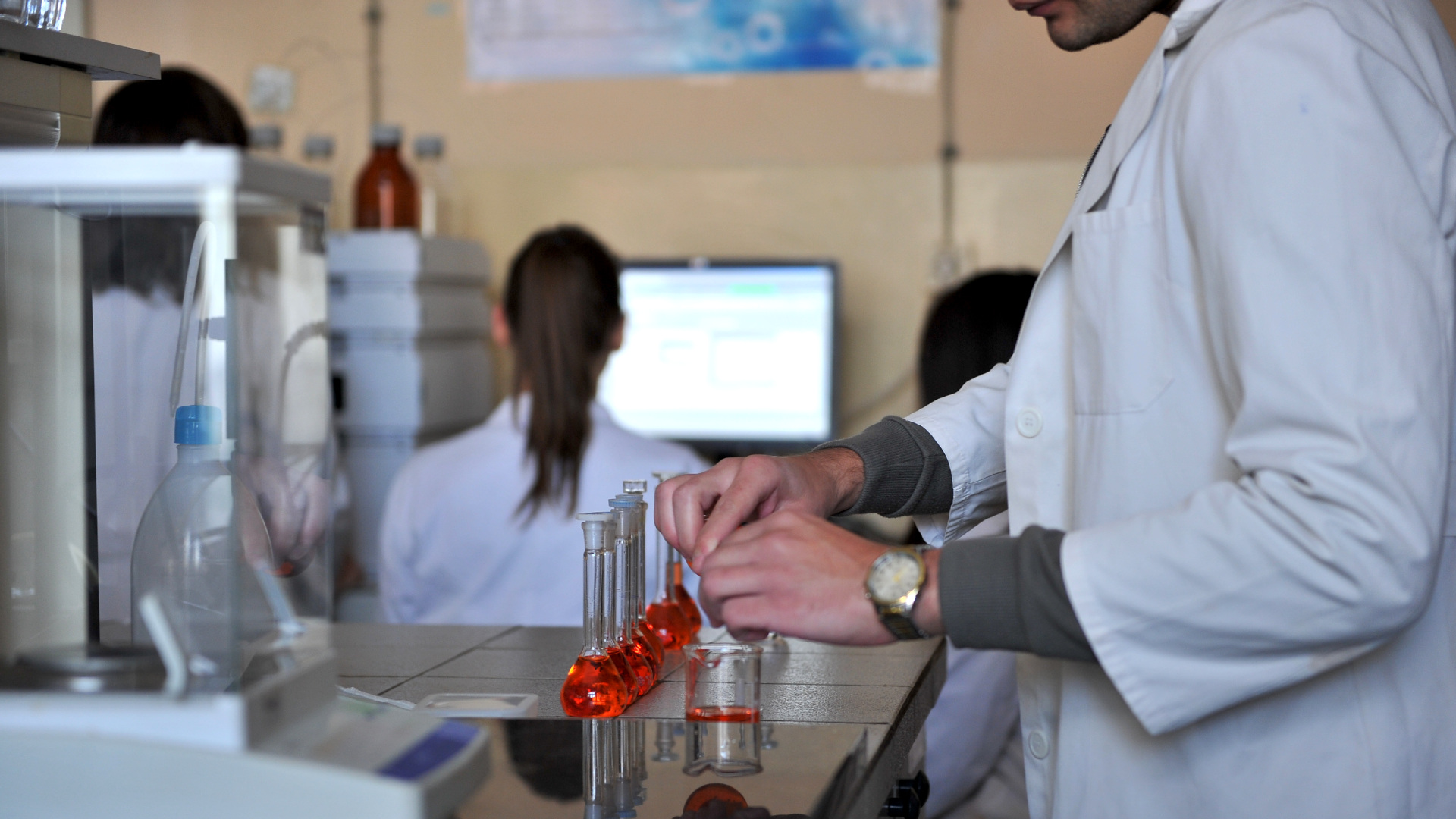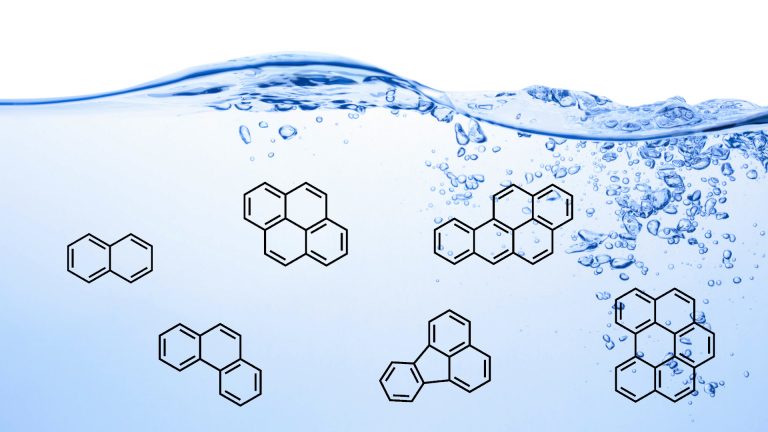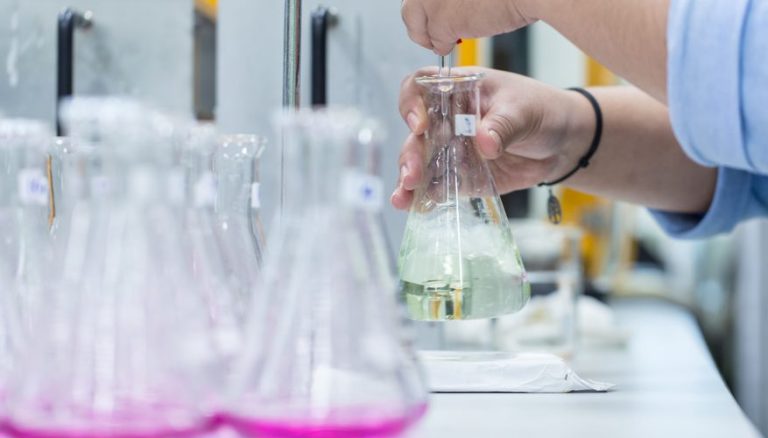Analytical chemistry gives you the ability to ask and answer the questions such as “What is something made of?” or “How much of each constituent is present in the sample?” The main purpose of analytical chemistry is to identify or quantify analytes in the sample. For example, give the analytical chemist a cup of coffee and he/she will tell you if there is caffeine in it, how much sugar you’ve added or what elements is your
Analytical chemistry revealed us that the average amount of caffeine in coffee is 40 mg per 100 g of the sample, that your lipstick can contain heavy metals and the concentration of vitamin C in commonly consumed fruits and vegetables.
Qualitative analytical chemistry identifies analytes in the sample. There are numerous qualitative tests, such as the iodine test for starch in food, or flame test for certain metal ions. On the other hand, the quantitative analysis determines the quantities of chemical constituents present in a sample. If purely chemical methods are used, then we talk about classical methods. However, if there are physical methods involved (e.g. the amount of absorbed or emitted light) then we are talking about instrumental methods.
Classical methods of analytical chemistry are gravimetry (the concentration of the analyte in the sample is determined based on the mass of product generated in a chemical reaction) and volumetry (the concentration of the analyte in the sample is determined based on the volume of reagent needed to complete reaction with the analyte).
Using classical analytical methods, which are precise and accurate, you can determine the concentration of the analyte in the sample, but the analyte must be present in at least 0.1% of the sample.
Nowadays, instrumental methods are commonly used because of much less sample used, lower analyte quantity that can be determined and results that can be produced more rapidly. On the other side, they are more expensive than classical methods, since sophisticated equipment is required.
Classical methods are the fundamentals of laboratory practice. They are still widely used in laboratories for the determination of water content in the
The purpose of this blog post is to introduce the audience to the basics of analytical chemistry, especially quantitative analysis





Pingback: Portable Laboratory for On-Field Analysis – Spiderest
You can definitely see your skills within the article you write.
The sector hopes for even more passionate writers like you who aren’t afraid to mention how they
believe. At all times follow your heart.
My brother suggested I might like this website.
He was totally right. This post actually made my day.
You can not imagine simply how much time I had spent for this info!
Thanks!
Having read this I believed it was extremely informative.
I appreciate you finding the time and energy to put this information together.
I once again find myself personally spending way too much time
both reading and posting comments. But so what, it was
still worthwhile!
If some one wishes to be updated with most recent technologies therefore he must be
pay a quick visit this web page and be up to date daily.
0mniartist asmr
This is really attention-grabbing, You are an overly professional blogger.
I have joined your feed and stay up for looking for extra of your fantastic post.
Also, I’ve shared your web site in my social networks 0mniartist asmr
Very nice post! Thank you
I love this! Thank you
Excellent goods from you, man. I’ve understand your stuff prior to and you are just too magnificent. I really like what you’ve acquired right here, really like what you’re stating and the way in which you are saying it. You make it entertaining and you still care for to stay it wise. I can’t wait to read much more from you. This is actually a great site.